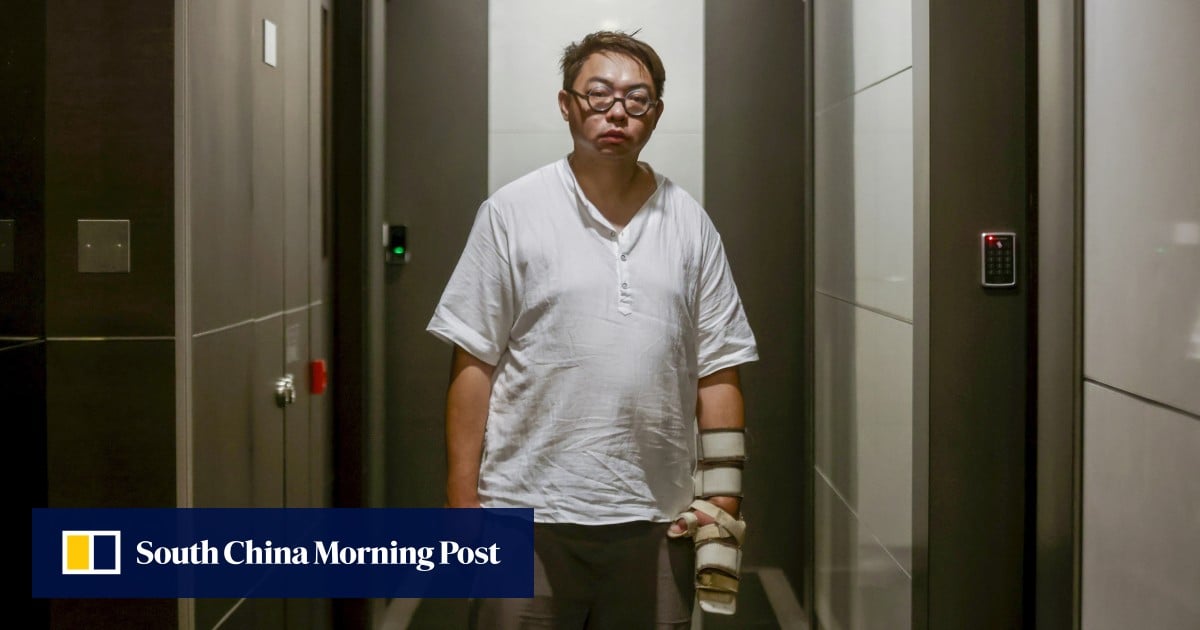There were 1,504 reported child abuse cases in 2024, according to the Social Welfare Department. Each child involved is one too many. Abuse can be severely detrimental to a child’s growth and development. Children who have been physically abused may suffer from injuries or even death. For children who survive, the resulting trauma may lead to psychological disorders, difficulty initiating and maintaining relationships and learning and behavioural challenges that last long into adulthood.
Teachers have a responsibility to continuously learn how to prevent and handle cases of child abuse. Given concerns about possible false accusations, we should enhance our ability to identify, assess and handle suspected cases. We should know how to clearly indicate signs of neglect and physical, sexual and psychological abuse.
We must also familiarise ourselves with all the procedures and resources available. Finally, we should provide early intervention to at-risk families, whether it be in the form of academic and social-emotional support or referrals to relevant professionals.


